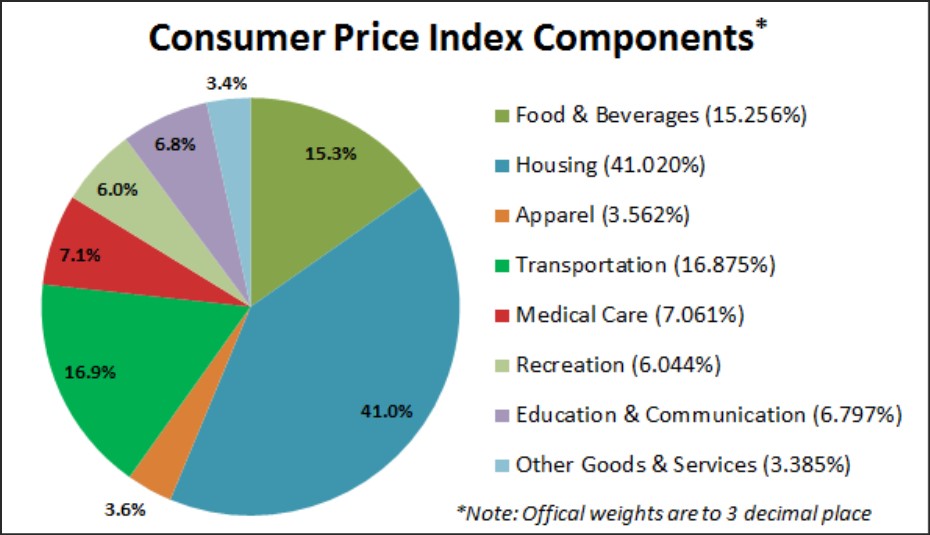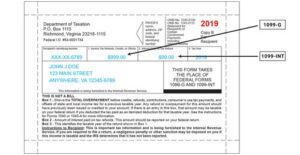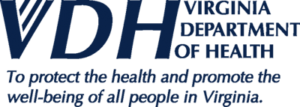
Willow Woycke, president of the Transgender Education Association
by James C. Sherlock
One of the opportunities offered by investigative journalism that is denied to the average citizen is to observe appointed government advisory boards in action.
It has been enlightening, but almost always disappointing. The way the members of appointed boards are generally selected in Virginia is an artifact of a political spoils system.
Take education. Action boards such as the state Board of Education and local school boards have tended to appoint one-sided advisory panels and, unsurprisingly, get one-sided advice as a single option for public policy.
Minority ideas seldom make their way into the draft policies that advisory boards prepare. That in turn results in bad public policy. We need as a matter of some urgency to do better.
I urge the Youngkin administration to take the lead and change this tradition in state government. Continue reading


 by James C. Sherlock
by James C. Sherlock


 by Dick Hall-Sizemore
by Dick Hall-Sizemore by James C. Sherlock
by James C. Sherlock
 by James C. Sherlock
by James C. Sherlock
 by James C. Sherlock
by James C. Sherlock by James C. Sherlock
by James C. Sherlock

